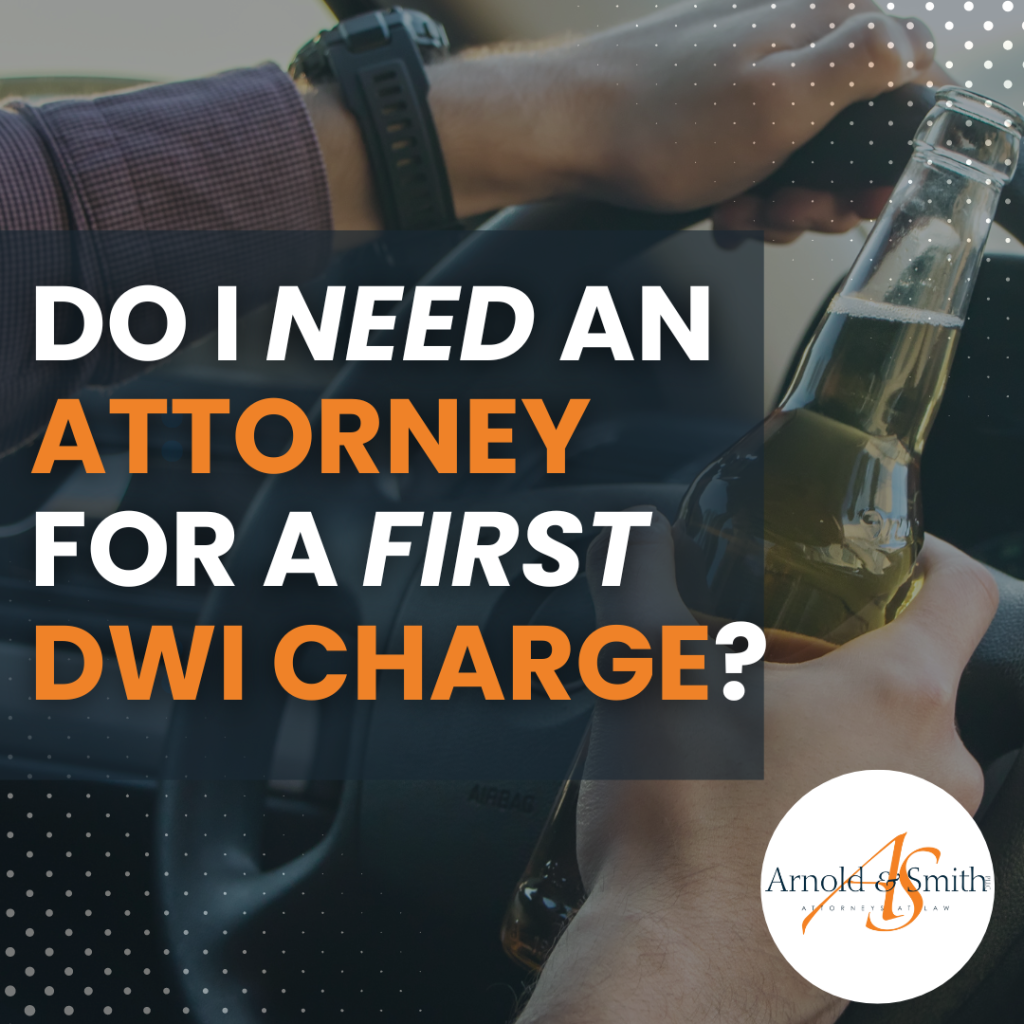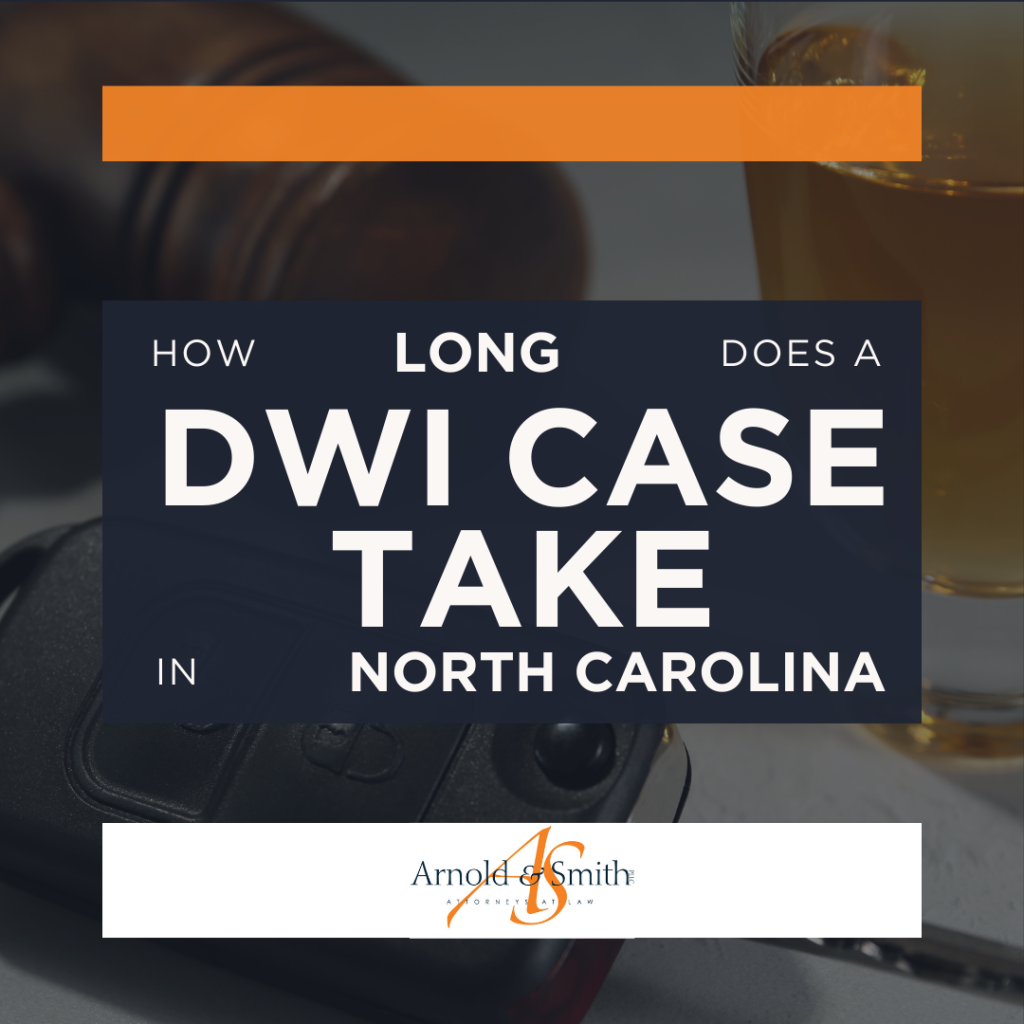 How Can I Beat DUI Charges in North Carolina?
How Can I Beat DUI Charges in North Carolina?
DUI, driving under the influence, is a serious charge. In North Carolina, a blood alcohol concentration (BAC) of 0.08% or higher is considered an impairment for adult drivers of passenger vehicles. The limit for commercial vehicle drivers is 0.04%. If you have been charged with DUI, you will want to take steps to vigorously defend yourself. If found guilty, your sentence could include fines, community service, license suspension, confinement, and more. Many people wonder what strategy they can use to beat DUI charges in North Carolina.
Levels of DWI in North Carolina
 Charlotte Criminal Lawyer Blog
Charlotte Criminal Lawyer Blog










